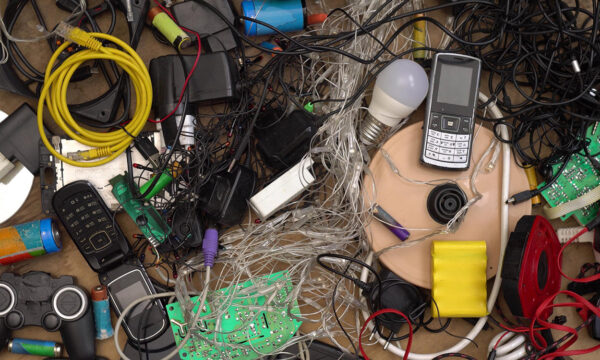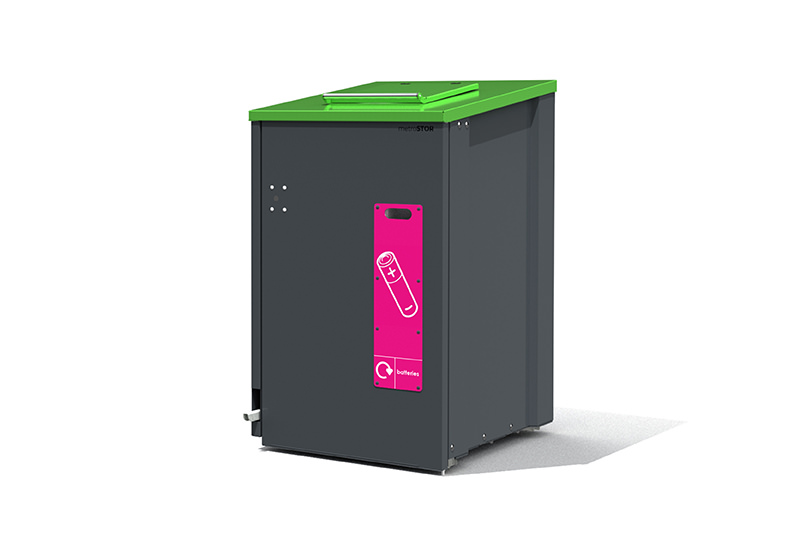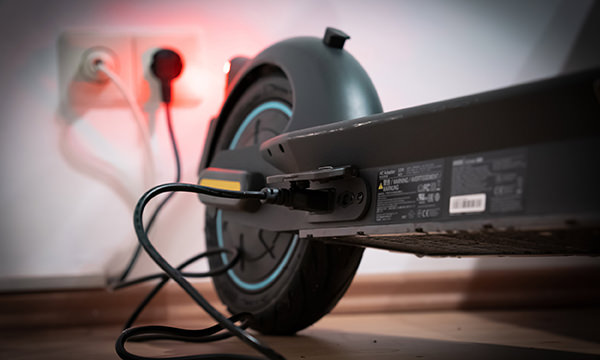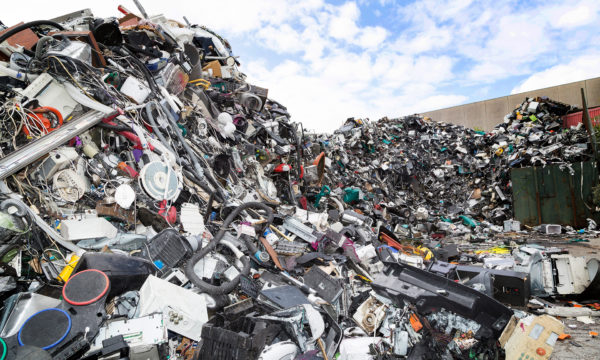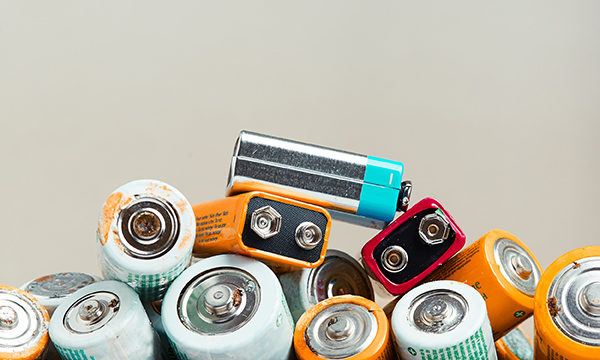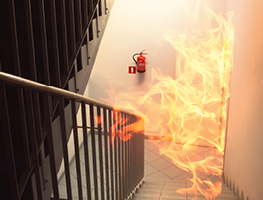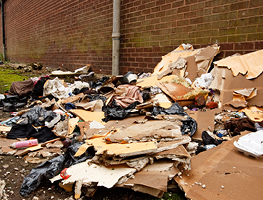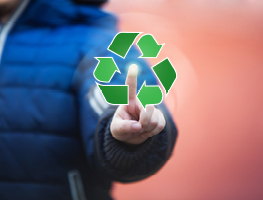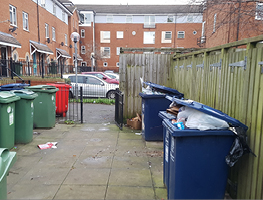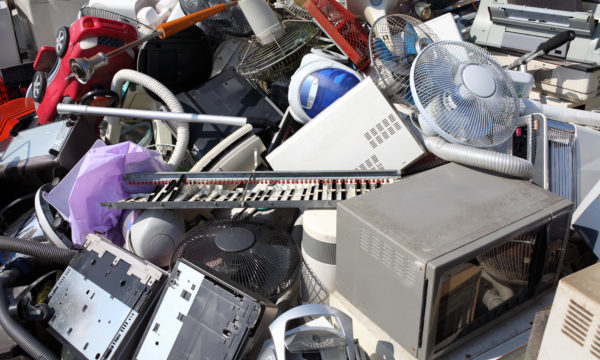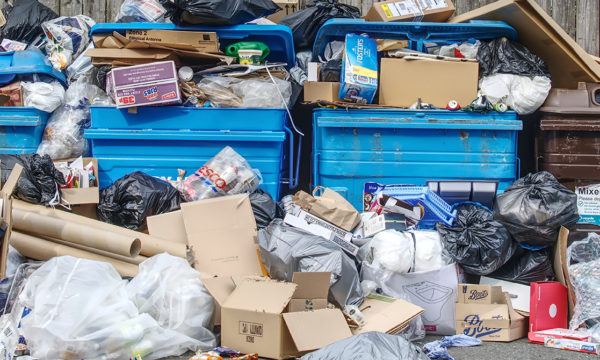As part of ambitious plans from the UK Government to tackle the alarming rise in vaping amongst youths and alleviate health concerns, disposable vapes are set to be banned in the UK. Subject to a vote in parliament, with opposition not expected, the ban could come into force by late 2024.
In the following article, metroSTOR takes a look at how the ban is a significant step forward in preventing vape batteries from being disposed of in general waste streams. However, there remains a need to prioritise the capture of items using lithium batteries at point of disposal, diverting them to appropriate recycling streams.
Protecting Younger Generations
The ban on disposable vapes comes as part of the Government’s response to its consultation on smoking and vaping. Launched in October 2023, this underscored commitments to establish the UK’s smoke-free generation, introducing legislation so children turning 15 in 2024 year or younger can never legally be sold tobacco.
Vaping products have developed quickly on the market for adults as a lower-risk alternative to conventional cigarettes. Disposable vapes, however, have been a key driver behind the rise in youth vaping. Recent figures showing the number of children using them in the past 3 years has tripled. Nearly 10% of 11 to 15 year olds are now using vaping products, however, the long-term health impacts are currently unknown, and they have been found to contain thousands of chemical ingredients, most of which are yet to be identified.
Secondary legislation will aim to restrict the sale of fruit-flavoured varieties specifically marketed at children, ensuring that manufacturers produce less visually appealing packaging. This will also apply to in-shop displays, while new fines will be issued to retailers in England and Wales who engage in underage sales. Trading standards officers will be empowered to act quickly to tackle underage tobacco and vape sales, building on a maximum £2,500 fine that local authorities can already impose.
Environmental and Fire Risks of Vape Disposal
Despite being fully recyclable with a rechargeable lithium-ion battery, over 1m disposable vapes are discarded each week in the UK. The estimated annual cost of collecting and separating vapes from general waste streams for recycling is said to be around £200m.
Littering of vaping products also carries significant environmental risk, as they contain a variety of potentially harmful components such as metal, plastic cartridges and chemicals, while the lithium contained inside the rechargeable battery is considered an integral aspect of the net-zero transition. Discarding these products restricts our ability to extract the valuable resources contained inside.
Amidst a rising focus on developing effective recycling strategies for Waste Electrical & Electronic Equipment (WEEE), such as the Government’s new proposals for in-store drop-off and kerbside collection of small electronics by 2026, the safe removal and separation of products containing lithium-ion batteries is essential to avoid them being crushed or damaged during the collection process, posing a significant fire risk. Lithium-ion batteries are highly sensitive devices, with their high density meaning they can be susceptible to pressure and overheating if they sustain damage, causing the cells of the battery to effectively disperse. This can lead to a rapid, uncontrolled release of heat energy known as ‘thermal runaway’ when the battery begins to fail.
A research report published in August 2023 by Material Focus identified as many as 700 fires in dustcarts and Household Waste Recycling Centre’s (HWRC) across the UK, with all at least partially attributed to disposable vapes and other devices containing lithium-ion batteries. The Environmental Services Association stated these incidents cost in excess of £150m, with Material Focus currently calling on local authorities to participate in their 2023 survey to provide more up to date information.
While the ban on disposal vapes is certainly a step in the right direction, the issues of fires caused by batteries in the waste stream could only grow due to the rapid adoption of lithium-ion battery-powered devices. In their research report, Material Focus found that around 25% of householders regularly dispose of batteries in general waste bins without a second thought. Disposing of faulty or damaged lithium-ion batteries in this manner poses a real fire risk and will only contribute to the growth of battery initiated waste fires. As part of safe recycling practices, ensuring the removal of batteries from waste items such as vaping products prior to disposal is a crucial first step, helping to increase capture.
Safe Recycling Practices and Solutions to Increase Capture
In order to dispose of lithium-ion batteries correctly and in a safe manner that protects our environment and waste management facilities, they should always be recycled rather than disposed of in general waste streams and sent to landfill.
WEEE disposal points accept a range household devices with a plug or battery, meaning a common misconception has arisen that batteries don’t require removal from WEEE items.
Although challenging with some disposable vapes, batteries should be removed from a product prior to disposal and where possible and placed in a separate container to help reduce fire risk as electronic items enter the waste stream.
Some major E-commerce companies such as Amazon have implemented securely packaged envelopes for transporting flammable lithium-ion batteries, with clear warning labels attached in order to advise customers of the potentially hazardous materials contained inside.
Convenient and clearly marked disposal points are key to encouraging the safe disposal of lithium-ion batteries. Helping to address this requirement, battery collection boxes can be fitted to any metroSTOR communal bin housing, offering ease of integration, clear signage options and the potential to efficiently introduce safe and effective battery disposal points into communal waste and recycling settings.
